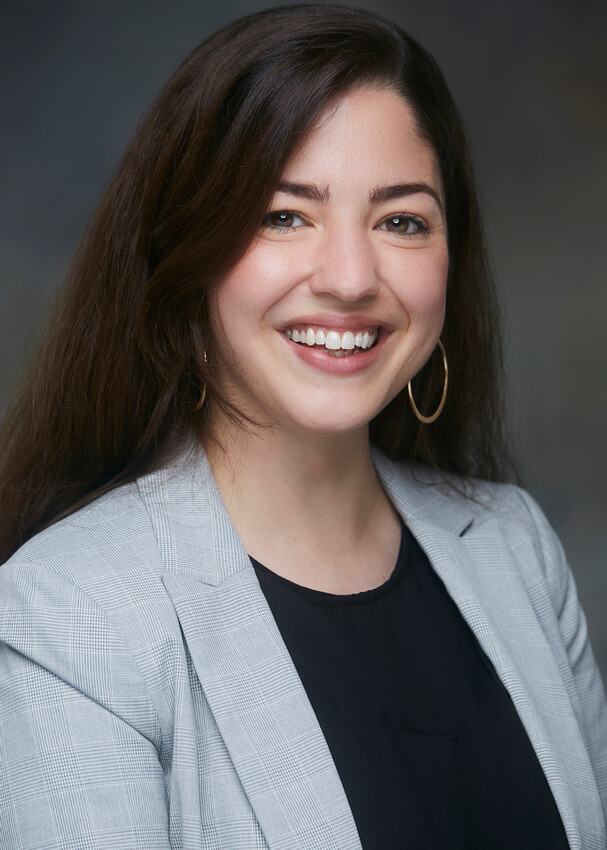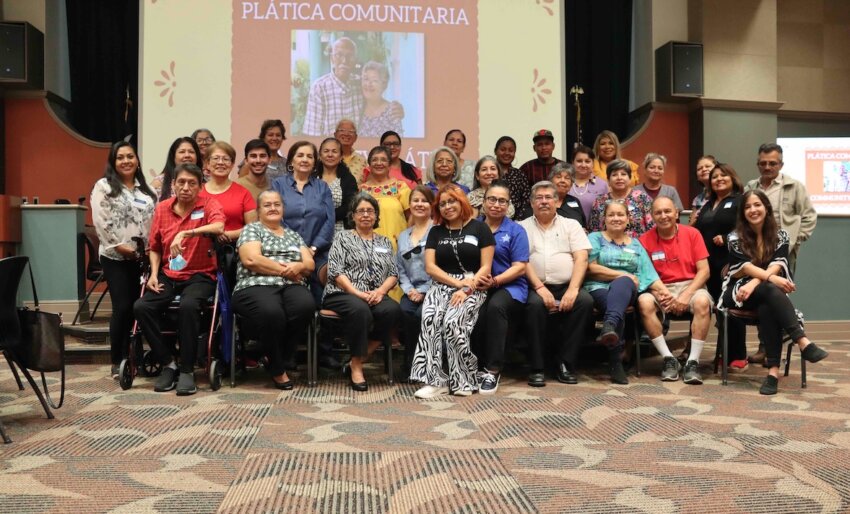On May 27th, the School of Nursing will host the first of a series of community pláticas in South Texas to learn from communities how they have been impacted by dementia.
“We hosted pláticas, or community discussions, for the first time in 2022 and they were wildly successful,” said Sara Masoud, PhD, MPH, program manager for the School of Nursing’s Caring for the Caregiver program.

“The gatherings have helped researchers, including our team at The University of Texas Health Science Center at San Antonio, identify priorities that are important for the community regarding dementia. This is an important process in translational science to address issues with misaligned research agendas,” she said.
“Very often, what gets studied with research is determined by funders and scientists and doesn’t always match what matters most to communities that are directly impacted by an issue. When research doesn’t align with what matters most to communities, it has an impact on the ability to recruit participants for studies. For example, in Alzheimer’s disease clinical trials research, less than 8% of participants identify as Latino or Hispanic even though they are at a one and a half times greater risk for dementia compared to non-Latino whites,” Masoud explained.
To focus on the needs of the community and to approach it in a way that resonates with those impacted by dementia among Hispanic communities, the discussions are planned and facilitated by a steering council comprised of persons living with dementia, caregivers, community health workers, researchers, organizations and providers who gather the community together for discussions. After the last series of discussions in 2022, participants were invited to share their thoughts about dementia and its impact on their lives with researchers through a series of videos.
“The videos will help researchers better understand how dementia affects people in South Texas and will help them plan projects that are culturally relevant to the Latino community to meet their needs,” Masoud said. (Watch the three short videos here.)
This work is significant to Masoud because she grew up in El Paso, Texas where she cared for her grandfather who lived with dementia for the better part of a decade. As she struggled to find inclusive, supportive care for her grandfather, she recognized the need for research to understand the experiences of those living with dementia and how to support them.
“I found my niche in the Caring for the Caregiver program,” she said. “Our mission is to improve the quality of life for family caregivers and those they care for with evidence-based education, support and research. We are striving to have a community where family caregivers are valued, respected and supported with compassion. We are committed to values of social justice, collaboration, and being centered on the family in our research and practice.”
Masoud’s South Texas Research Project is supported by the Patient-Centered Outcomes Research Institute. The project focuses on a region of South Texas from San Antonio to the southern Coastal Bend and the Rio Grande Valley.
The steering council that was established for the project partners closely with the research team to lead project activities, including the pláticas. Key stakeholders include Hispanic individuals and their caregivers living with dementia in South Texas; the South Texas Area Health Education Center program, administered by the School of Nursing; the San Antonio and South Texas Chapter of the Alzheimer’s Association; the South Texas Alzheimer’s Disease Research Center, and community health workers, who are Hispanic community members who receive specialized training to provide health information to the community.
Community members in Laredo and surrounding areas are encouraged to register to attend the upcoming plática on Saturday May 27th, especially those who are caregiving or living with dementia themselves. Information for upcoming pláticas will be made available on the Caring for the Caregiver event page.


